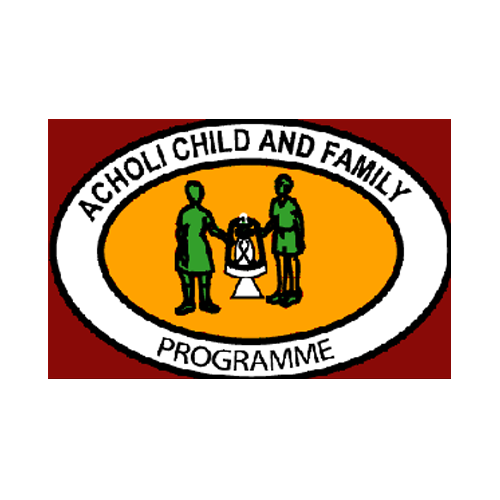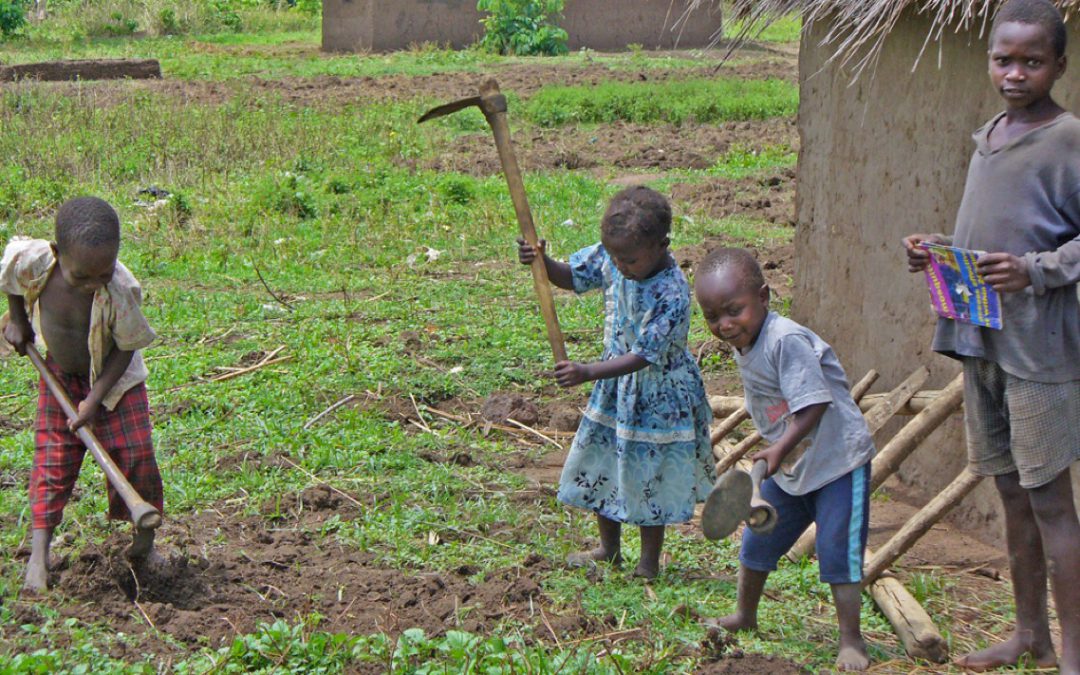On a recent monitoring visit to one of the schools that Save the Children supports in Nwoya district we found the number of pupils had decreased. Instead of studying, many of the children had gone to work on nearby commercial farms. Nwoya’s fertile soils mean that many national and foreign companies have set up farms there, growing cereals, cotton, coffee and beans.
For some companies, children are a source of cheap labour that can be easily exploited. An assessment of some of these farms found appalling conditions. Children as young as eight work to harvest crops and clean machinery, staying in overcrowded and unsanitary camps without their parents. They work long hours, going hungry and without appropriate healthcare.
One teenage girl working on a farm told us she took the job after her father died and she needed money to care for her sick mother. She had to drop out of school as a result. She was promised a salary of 180,000 shillings a month but after starting work received just 25,000 and has not been paid at all for several months. She says the managers threaten her when she asks for a salary. Without money she cannot afford to leave.
We see the same issue in other parts of the country. More than 2 million children in Uganda are reportedly engaged in child labour – the vast majority in agriculture or mining. An estimated 30 percent of Uganda’s artisanal and small-scale miners are reported to be children.
The effects of child labour are both immediate and long-term. The work is physically and mentally dangerous – for example in Karamoja children are often victims of trafficking into domestic work, organised begging, commercial sex or other harmful labour. It also forces children out of education, as we see in Nwoya and elsewhere, causing long-term harm to their development and trapping them in a cycle of poverty for the rest of their lives.
The theme of this year’s World Day Against Child Labour is “Children shouldn’t work in fields, but on dreams!” Children belong in school, where they can build their future. Uganda has made great steps in promoting Universal Primary Education (UPE) which in theory provides free schooling. However, the reality is that poor families struggle with the numerous fees for school running and supplies, which can make education prohibitive and leave children especially vulnerable to illegal and exploitative labour. We must do more to ensure all children – no matter where they live or how poor their parents are – can stay in education.
Child labour is one of the indicators assessed in Save the Children’s new Childhood Report, which ranks 176 countries worldwide on children’s access to essential services and protection from harmful practices. Uganda ranks 136th – a drop of six places since last year despite good progress in some areas.


Trackbacks/Pingbacks